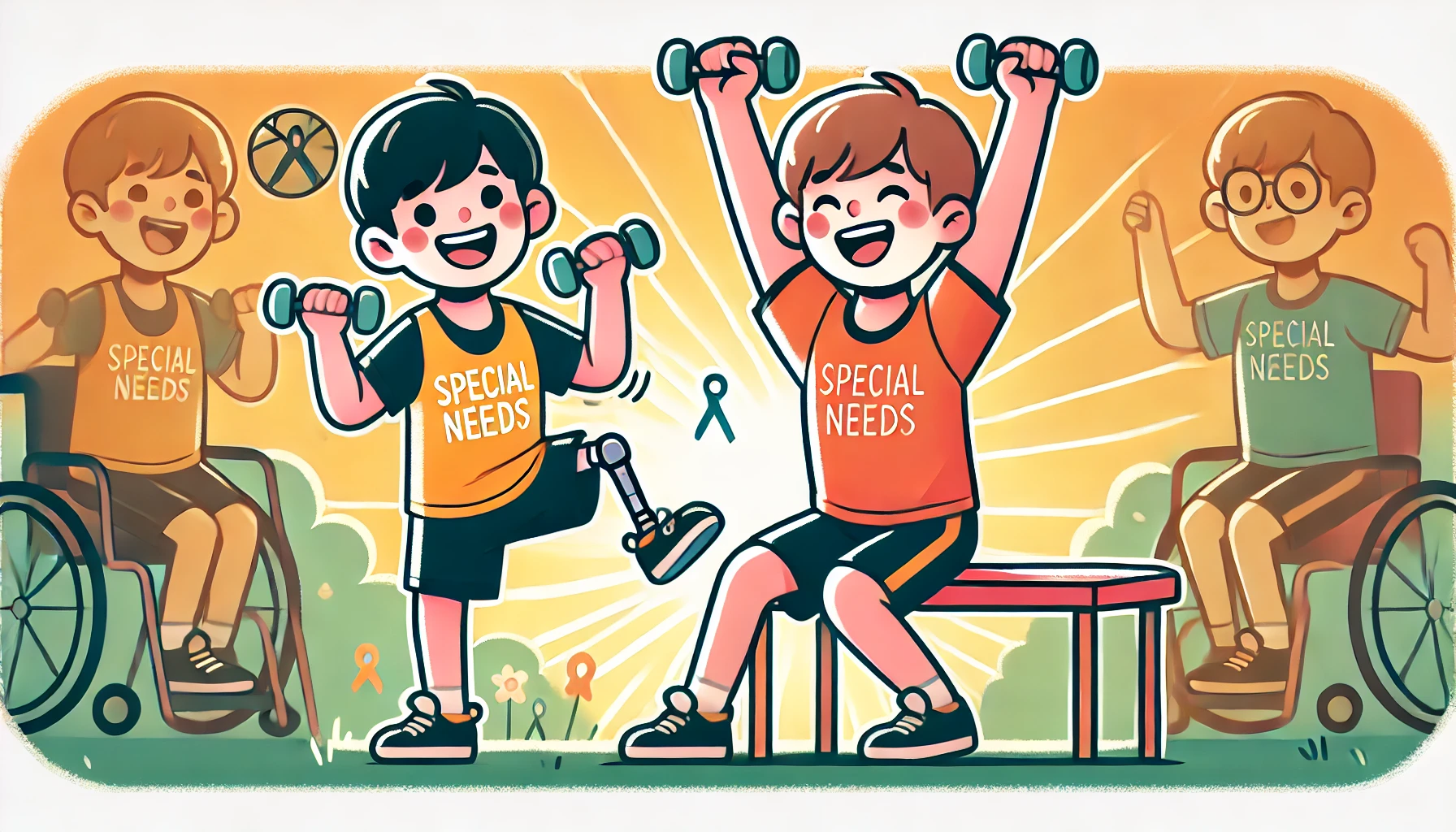Hi everyone! I wanted to dive into an issue that many of us as special needs parents face: helping our kids maintain steady energy throughout the day. It’s common to see low energy and uneven stamina in our children, especially those with Prader-Willi Syndrome. This unique endocrine disorder often brings low muscle tone, slow metabolism, and adrenal fatigue, making energy management a real challenge.
Our son, Stony, dealt with low energy for years. Each school day left him drained and unable to do much more once he got home. To support him, we adjusted his schedule to a four-day school week. This change has helped him recharge more effectively, balancing his energy levels throughout the week. With these adjustments and some important lifestyle changes, Stony’s energy has improved significantly.
I’d love to share some of the most effective tips, habits, and supplements that have made a difference for us. Let’s dive in!
1. Avoid Stress
Stress can quickly drain energy, especially in children with special needs, where anxiety might already be heightened. Avoiding stressful situations starts with creating a predictable routine. Prepare as much as possible the night before, and if helpful, write down a schedule to ease any pre-school jitters or anxieties.
2. Start the Day Well
“How you start the day influences the whole day!” Try incorporating a calm and predictable morning routine. A nutritious breakfast, a few minutes of quiet time, or even a light activity can set a positive tone and boost energy for the day ahead.
3. Food Quality, Quantity, and Timing
The right food in the right portions at the right times makes a significant difference. Regular, balanced meals with plenty of proteins, healthy fats, and complex carbs can keep blood sugar stable and support stamina throughout the day. Avoid large gaps between meals to prevent energy dips, and keep portions controlled to avoid overloading digestion.
4. No Sugar, Low Carb
Sugar spikes can lead to crashes that make energy even harder to manage. A low-carb, balanced diet has been essential for Stony. Focusing on whole foods and minimizing sugar has helped maintain steady energy without sudden dips.
5. Quality Sleep
Sleep is essential, but quality matters just as much as quantity. Try using natural sleep aids like melatonin, valerian, or homeopathic remedies (Dr. Reckeweg’s formulas have been a favorite in our home). Reducing screen time before bed and encouraging reading or calming activities can also improve sleep quality.
6. Everyday Workout
Physical activity is key, even if it’s just a short walk. Stony takes a walk every evening and does a simple workout daily. Physical exercise helps build stamina over time, and it also boosts mood and energy levels naturally.
7. Meditation
Transcendental Meditation (TM) has been a big help for us. Stony practices TM three times a week, which helps him relax and manage stress. Meditation can be a powerful tool for calming the mind and re-centering energy.
8. Teach Relaxation
Teaching children how to relax is just as important as encouraging them to stay active. Introduce simple breathing exercises, stretches, or relaxation techniques. Modeling these habits yourself can encourage them to join in and learn how to calm themselves when needed.
9. “Chat It Out” – Encourage Open Communication
Sometimes our kids hold in thoughts and emotions without expressing them, which can build up stress and exhaustion. Make time to chat and encourage your child to share what’s on their mind. This can be a simple but effective way to release stress and improve mental energy.
10. Supplements to Support Calm and Energy
The right supplements can make a big difference. Here are a few that have helped us:
• Inositol: Known for supporting calmness and mental clarity.
• Holy Basil: A natural adaptogen that helps the body cope with stress.
• Valerian Root: Great for promoting restful sleep.
• Melatonin: Useful for helping establish a sleep routine.
• Magnesium (Calming Powder): Helps relax muscles and can ease tension.
• CBD Oil: Can support calmness and reduce anxiety.
• Vitamin B Complex: Supports energy production and helps manage stress.
In Closing
I hope these tips and ideas provide some inspiration to help you support your child’s energy and stamina. Each child is unique, so feel free to explore and find what works best for you and your family. And if you have any additional ideas or tips to share, please add them in the comments—I’d love to hear what’s working for you!







